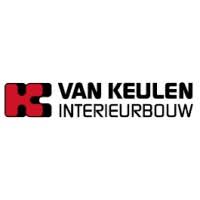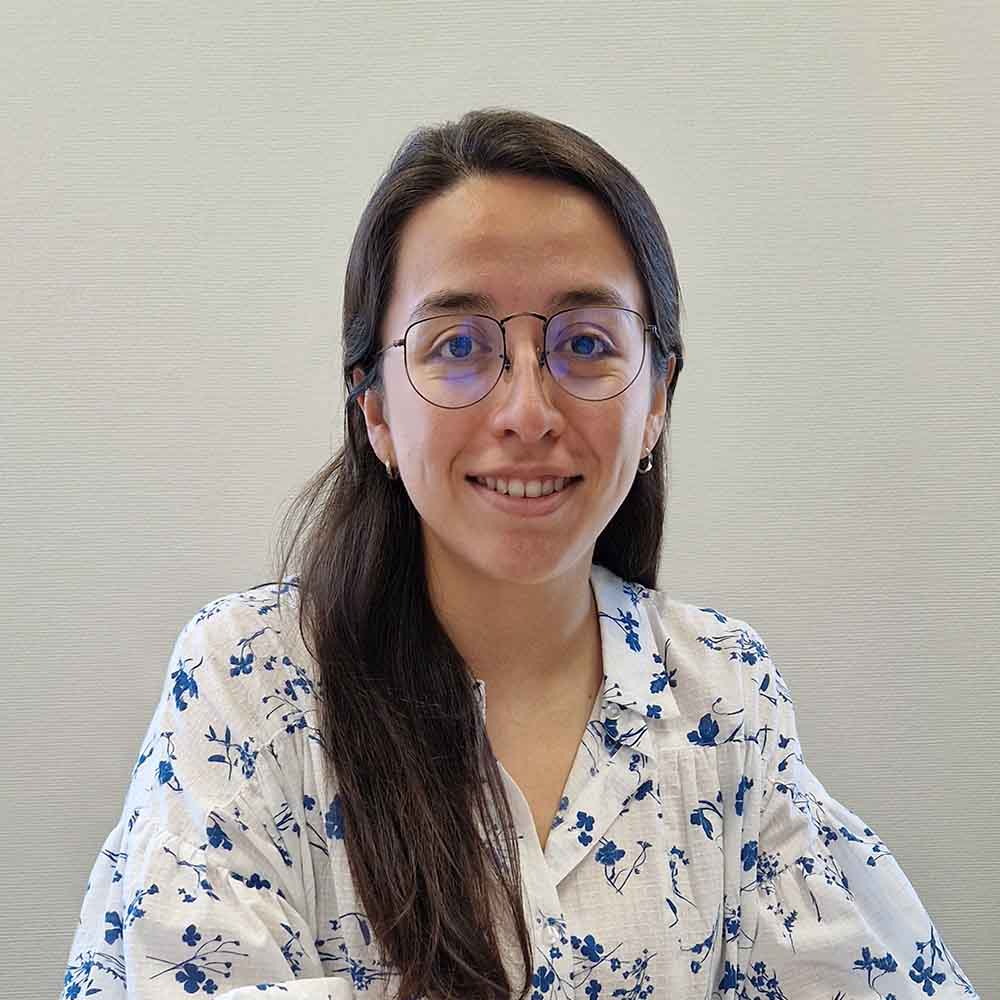In the dynamic world of interior building, companies like Van Keulen Interieurbouw face significant challenges when it comes to the simultaneous processing of metal and wood to create custom furniture. The complexity of managing these diverse materials side by side in production leads to inefficiencies, particularly in scheduling, which is further complicated by the high-mix, low-volume nature of the industry and the frequent need for custom orders. Traditional scheduling methods often fall short, struggling to account for the varying materials, workstation capabilities, and process times, resulting in suboptimal resource allocation and increased lead times. Additionally, the need to integrate efficient nesting, cutting plans, and quality control adds another layer of difficulty to the manufacturing process. These industry-specific challenges highlight the pressing need for an advanced scheduling system that can optimise production in this complex environment.
SCOPE, a project with a consortium that consists of FIP-AM@UT, Van Keulen Interieurbouw, and Dynfos Business Solutions, aims to tackle these pressing challenges by developing a prototype for an advanced scheduling system. This system will leverage feature-to-process-to-time information to enhance the efficiency of furniture production. The project focuses on creating a solid foundation for scheduling that accommodates the complexities of working with both metal and wood, which are processed simultaneously. By thoroughly analysing the current feature-to-process-to-time systems and exploring suitable scheduling methodologies, SCOPE will identify key areas for improvement. The project also aims to assess the feasibility of using data analysis to estimate production times based on the Bill of Process (BOP) and Bill of Materials (BOM).
Through these efforts, SCOPE will develop a conceptual framework that integrates detailed production planning with a focus on reducing lead times and optimising internal material flows. The project will address specific challenges such as efficient nesting, cutting plans, and quality control integration. Preliminary evaluations and investigations will also explore the potential of machine learning techniques for future production time predictions, setting the stage for a more intelligent and adaptable scheduling system.









